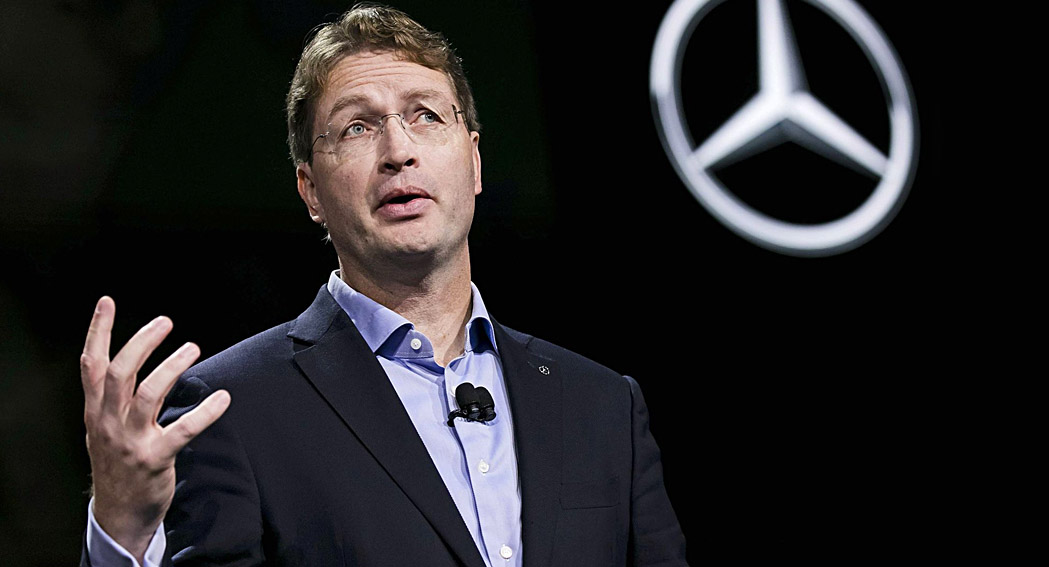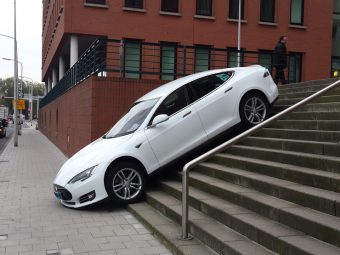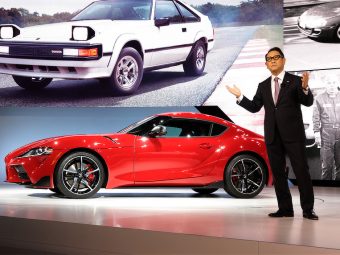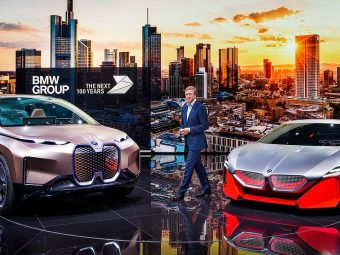The current landscape of Germany presents a multifaceted picture: grappling with the complexities of the war in Ukraine, the controversial dynamiting of the Nord Stream 2 pipeline, the cessation of affordable Russian gas imports, a deliberate choice to forgo nuclear power, and political support for genocide. These factors underscore Germany’s ambitious drive to reduce CO2 emissions and align with the 2030 agenda, yet they also reveal the unintended consequences.
As Germany navigates these challenges it is slowly deindustrializing, marking a significant degrading for the powerhouse of the European Union. Despite being the world’s third-largest economy by GDP, Germany finds itself teetering on the brink of recession, highlighting the intricate balance between environmental aspirations and economic stability.
Policies are to blame for the situation: the proxy war in Ukraine has severed Germany’s reliance on cheap Russian gas imports, which fueled its manufacturing industries. The conflict in Ukraine can be viewed as an act of self-immolation. Since 2014, Germany has maintained a façade of good relations with Russia while secretly preparing Ukraine for war. Former Chancellor Angela Merkel admitted as much in an interview.
Why? The United States was pursuing its decades-old mission of weakening Russia, aiming to replace Putin with a malleable leader of their choosing, with the sole objective of gaining control over Russia’s vast reserves of natural resources. To provoke Russia, Western powers organized a coup in Ukraine in 2014 and almost immediately initiated bombings in the breakaway Russian-speaking eastern regions where residents had voted to become part of Russia.
Eventually, Putin invades, and the Ukraine war begins. Russia faces heavy sanctions from the EU and America, but instead of working as intended, the sanctions have the opposite effect: Russia discovers new markets to sell its crude oil, leading to an economic boom. Meanwhile, without access to cheap natural gas from Russia, Europe grapples with the inflammatory effects of inflation, placing the European Union at risk of dissolution.
So, what does this impending and manufactured disaster have to do with Mercedes? Everything. The surge in energy costs will wreak havoc on manufacturing expenses, costs that will inevitably be passed on to consumers. Coupled with weak export growth, a lack of consumer demand, and a flight of foreign investors, Germany is confronted with the bleak reality of deindustrialization.
Mercedes’ decision to halt its transition to EVs due to a lack of demand is closely intertwined with political events. It’s evident that Mercedes is content with the current status quo of ICE/Hybrid powertrains, leveraging the economic instability at home to prolong the ICE era as much as possible.
I can’t help but wonder if Mercedes is sacrificing its future for short-term gains, as the electric car era represents the tortoise that will inevitably win the race.








